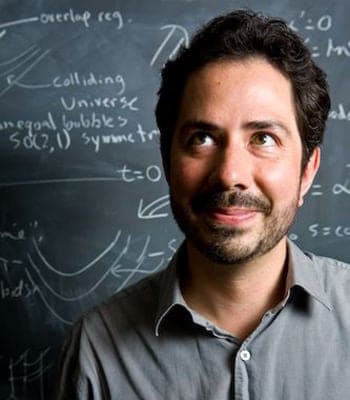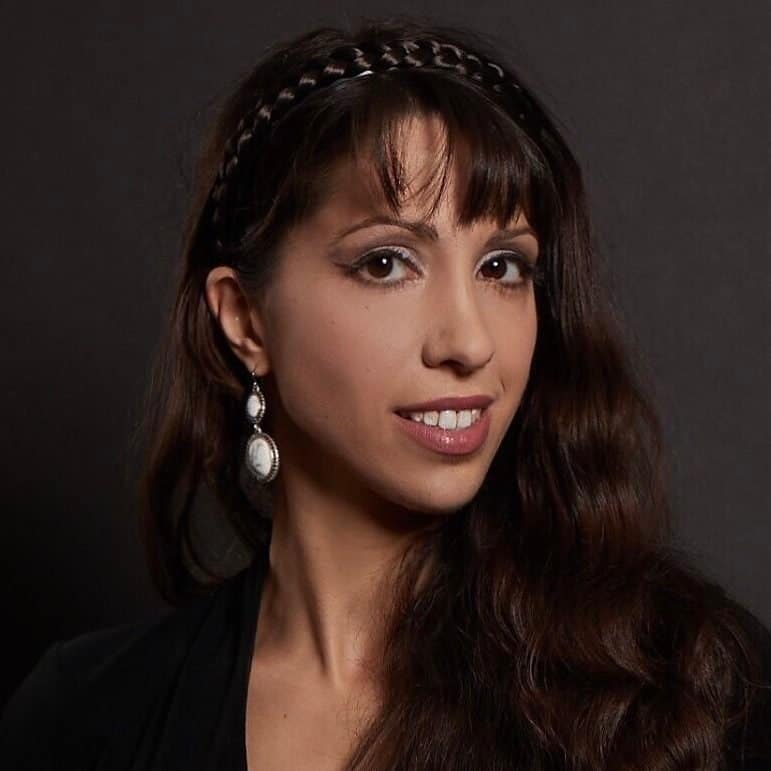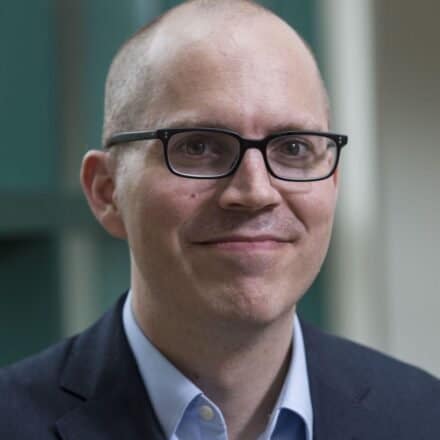Yi Zeng | Chinese Academy of Sciences/BAAI

Contents
Yi Zeng | Chinese Academy of Sciences/Beijing Academy of Artificial Intelligence
Professor/Deputy Director, Research Center for Brain-inspired Intelligence |
Director, Research Center for AI Ethics and Safety
What advice do you have for people coping with this crisis?
We should definitely learn from and share each other’s experiences. This is not easy when people are with different cultures, but it is exactly why it is important to see why people and countries with different cultures have different approaches to deal with this crisis. What can we learn to complement with each other is the real key to build the shared future for humanity.
What do we need to do to be prepared for future pandemics?
Pandemics prediction system at large-scale should be strengthened, with even more transparent data contributions from different countries and regions. Surveillance systems and services related to healthcare are widely deployed for this COVID-19 pandemics. We need to learn and decide what can be left as possible infrastructures to support avoiding future pandemics, but cannot be too much that may have negative side effect for human agency, privacy, and human rights in general.
What can we learn from COVID-19 about other catastrophic risks like nuclear war, AI, etc?
Lack of strategic design and long-term research for preventing and fighting against potential catastrophic risks is a lesson we should learn from COVID-19 pandemics, but this definitely also applies to long-term AI. It is still not clear when we are going to have AGI and Supperintelligence, but it is quite clear that no matter which way we are going to realize them, there could be various different potential catastrophic risks, and we definitely need strategic design and long-term research for reducing the risks and avoiding the catastrophic ones on our way to AGI and Supperintelligence. In addition, we should have a very well coordinated global team to ensure beneficial AGI and superintelligence, taking challenges from various technical and cultural perspectives, sharing, and bridging the efforts for the whole societies.
What can we learn from COVID-19 about how to make humanity more resilient in general?
We should have learned the fact that humanity is very vulnerable, and we are tightly interconnected not only with each other, but also with the environment, and we are only a portion of the ecosystem. Continuous efforts should be made to make sure our connections to each other and the environment are in positive and sustainable ways. During but not limited to pandemics, we should not blame or even hurt each other in any way, but to hold hands tightly and bridge our efforts together for the symbiotic societies.
About the Future of Life Institute
The Future of Life Institute (FLI) is a global think tank with a team of 20+ full-time staff operating across the US and Europe. FLI has been working to steer the development of transformative technologies towards benefitting life and away from extreme large-scale risks since its founding in 2014. Find out more about our mission or explore our work.
Related content
Other posts about COVID-19

Anthony Aguirre | UC Santa Cruz

Emilia Javorsky | FLI

Huw Price | University of Cambridge/CSER

